News - Sep 13, 2022 Study Tour Delegates Learn About Innovative E-waste Management
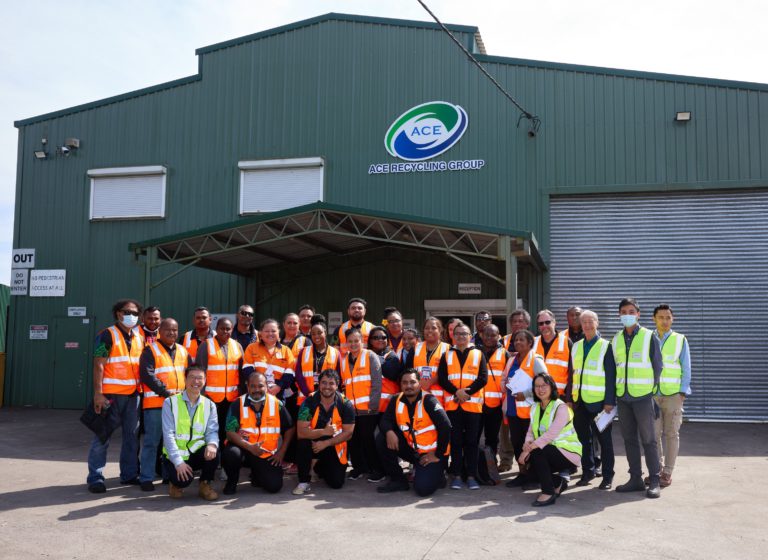
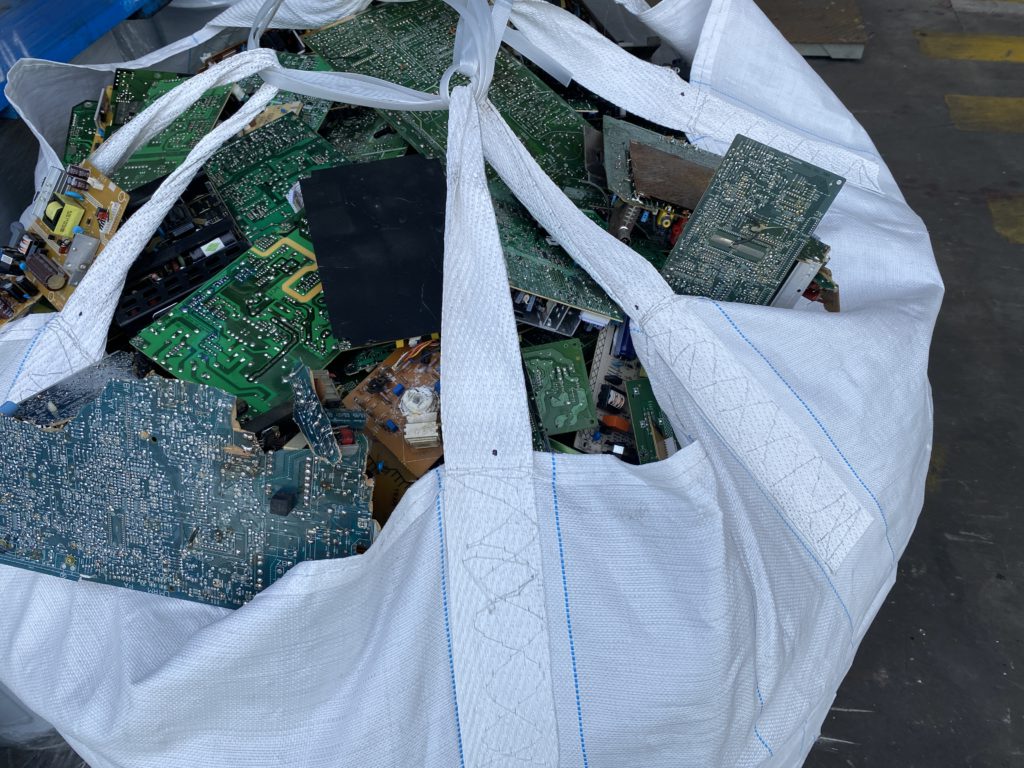
E-waste is the fastest-growing waste stream globally, increasing at a rate three times faster than municipal waste streams.
Delegates of the study tour continued their journey to better understand some of the waste management and recycling systems, processes, and regulations within Australia and were hosted to an informative tour of the ACE Recycling Group, E-waste Recycling Facility in St Marys.
Participants were provided with an overview of designing, establishing, managing, and regulating locally based primary e-waste dismantling and recycling capabilities to minimise landfilling and maximise environmental outcomes, including recovering resources for reuse as raw materials in subsequent product manufacture.
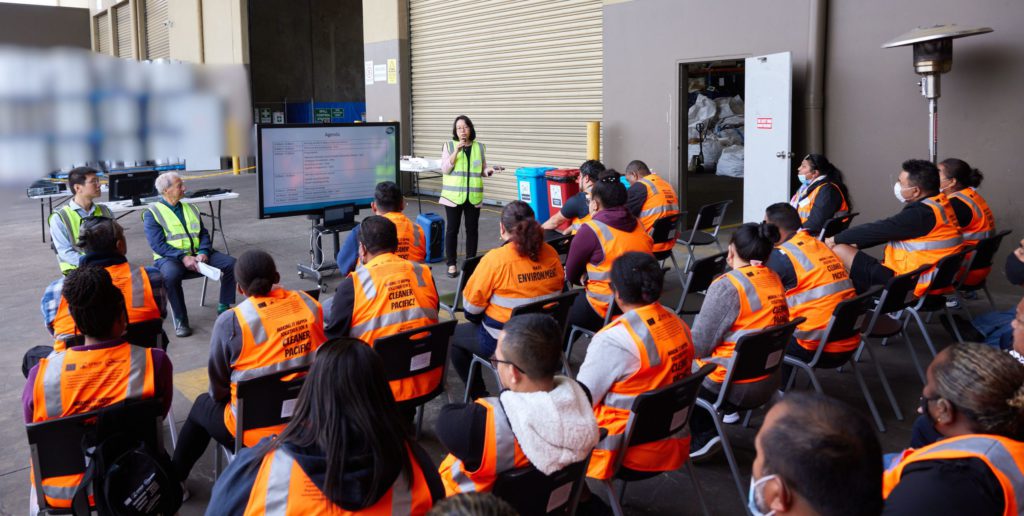
During the presentations made by representatives from the facility delegates were informed that once e-products reach end-of-life, there are three main pathways for e-waste, which are landfill, metal scrapping (low efficiency, shredding for recovery), and disassembly or component recycling (high efficiency for full materials recovery e.g., ACE processes).
Product Stewardship in this context is about developing an approach to managing the impacts of different products and materials and the principle of shared responsibility by those involved in producing, selling, using, and disposing of products and requires responsible end-of-life management once products reach the end of their useful life and involve fit-for-purpose recycling and reprocessing methodologies.
It involves ensuring those products or materials are managed throughout their lifecycle in a way that reduces their impact on the environment and on human health and safety which affects the entire supply chain – through manufacture, import, distribution, and consumption.
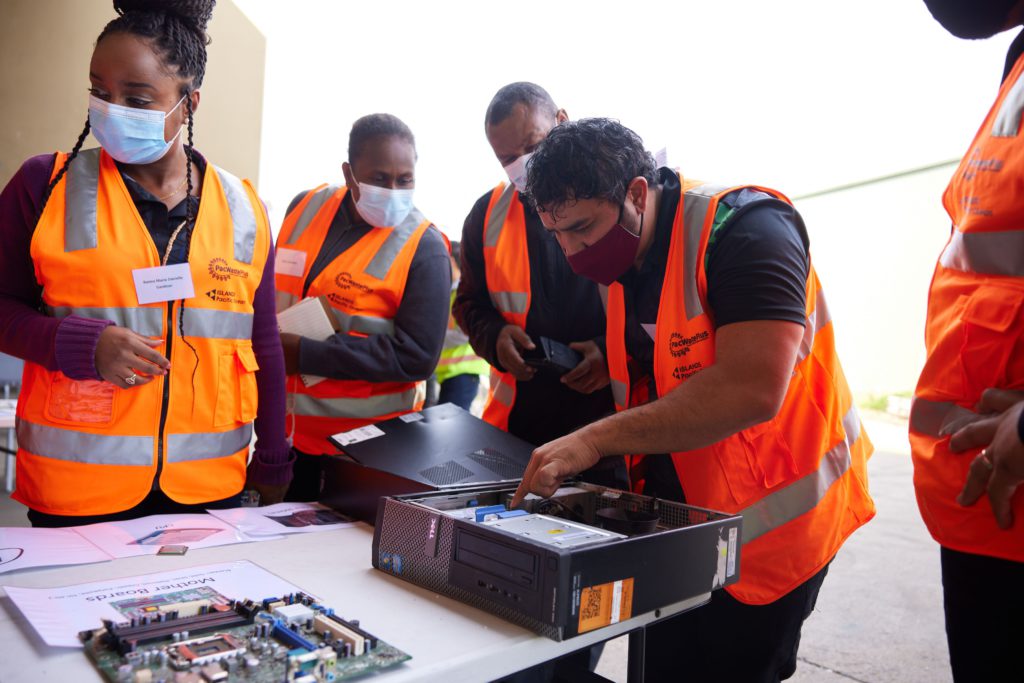
The study tour participants also learned about the National Television and Computer Recycling Scheme (NTCRS), a Commonwealth Government legislated framework, for a mandatory e-waste recycling scheme established in 2011, sponsored by both industry and government, and likely soon to be expanded to cover all electrical and electronic equipment.
The scheme’s objectives are to reduce waste in landfill, especially the hazardous materials found in e-waste, and increase recovery of reusable material in a safe, scientific, and environmentally sound manner which provides access for households and small businesses Australia-wide to industry-funded recycling services. Additionally, each State has its own circular economy closing-the-loop strategies and initiatives as part of their state-based waste reduction strategies.
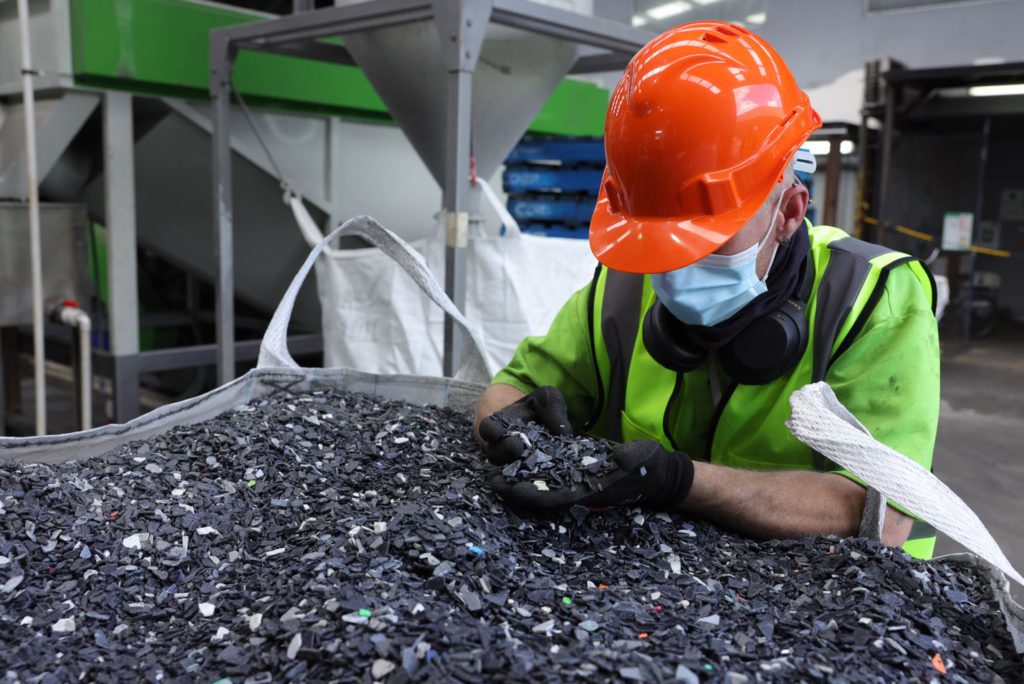
Delegates were excited to have a guided tour of the facility’s recently commissioned innovative plastics recycling plant for recycling e-waste (and other) plastics, with the value-added pellets now being used in the local construction industry, where demand heavily exceeds supply.
The participants were informed that there were other initiatives upcoming with a solar panel recycling capability and installation of a printed circuit board and batteries recycling facility, all utilising its proprietary technologies to maximise in-house value adding of the manually dismantled commodities, maximising resource recovery outcomes.
Participants engaged with representatives from the recycling facility and shared ideas to design and fund a scheme addressing collection and primary dismantling followed by consolidating shippable quantities between participating Island nations of the dismantled e-waste components/commodities (e.g., plastics, solar panels, printed circuit boards, etc) with a view to sending the dismantled component parts to ACE for value-added recycling.
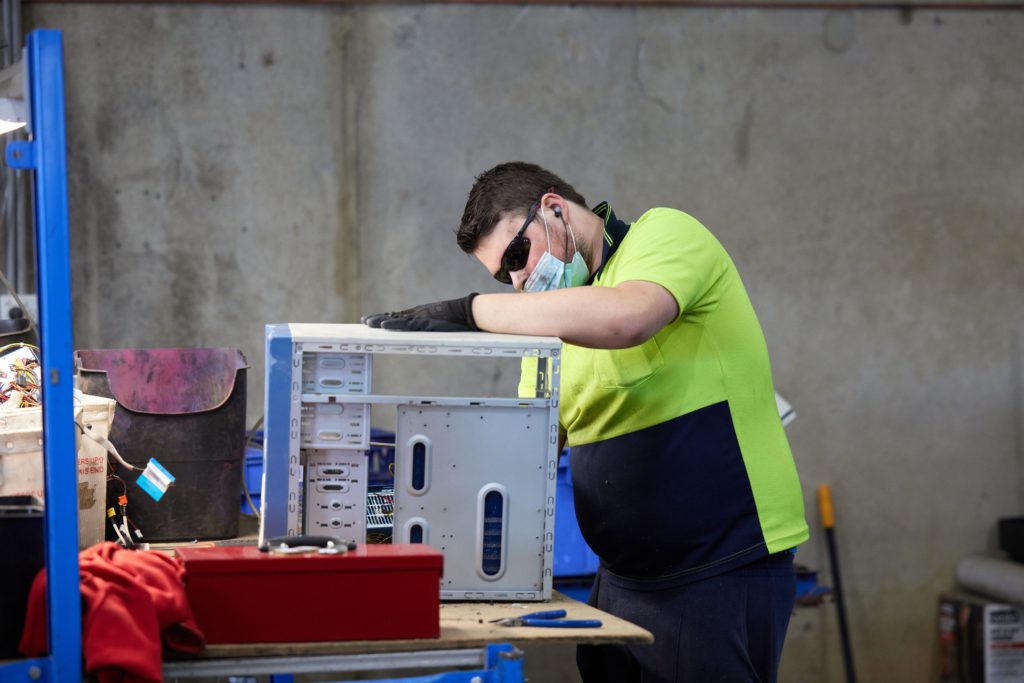
“Our understanding of the Pacific is that currently all e-waste is landfilled, which is acknowledged as an unwelcome and negative present outcome for a variety of well-known reasons, said Mr. Sam Miller, from the Strategy & Development department of ACE Recycling Group Pty Ltd.
“An appropriately designed and well-managed collection and primary e-waste dismantling operation with the consolidation of the component parts amongst participating member Island countries for downstream recycling would significantly contribute towards a better local environment, create jobs, skills and generate income.”
“It would also be an uplifting story for the local communities, as it is here and we would welcome a discussion to assist with and collaborate on any such projects, particularly in light of our expertise and experience working with the NTCRS and ANZRP/TechCollect over the past several years.”
Photos: ACE Recycling Group Pty Ltd

